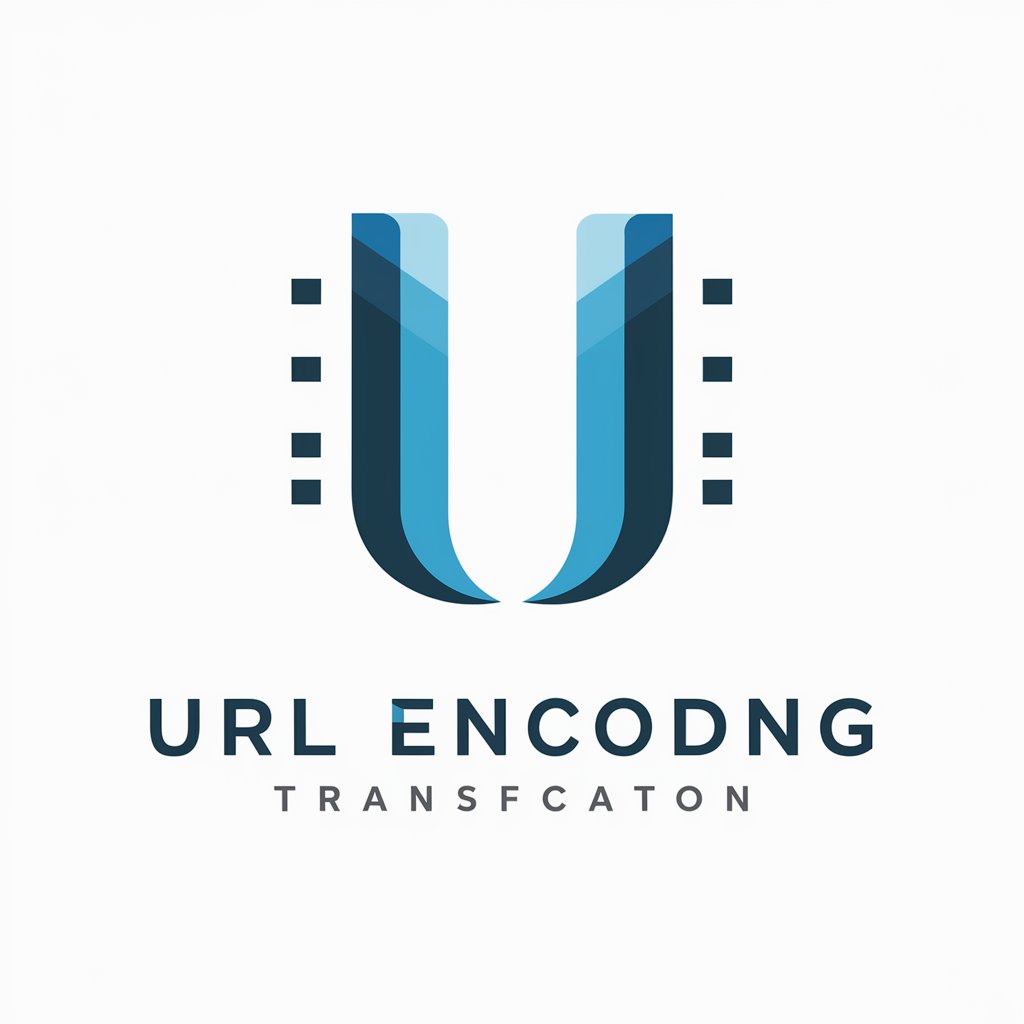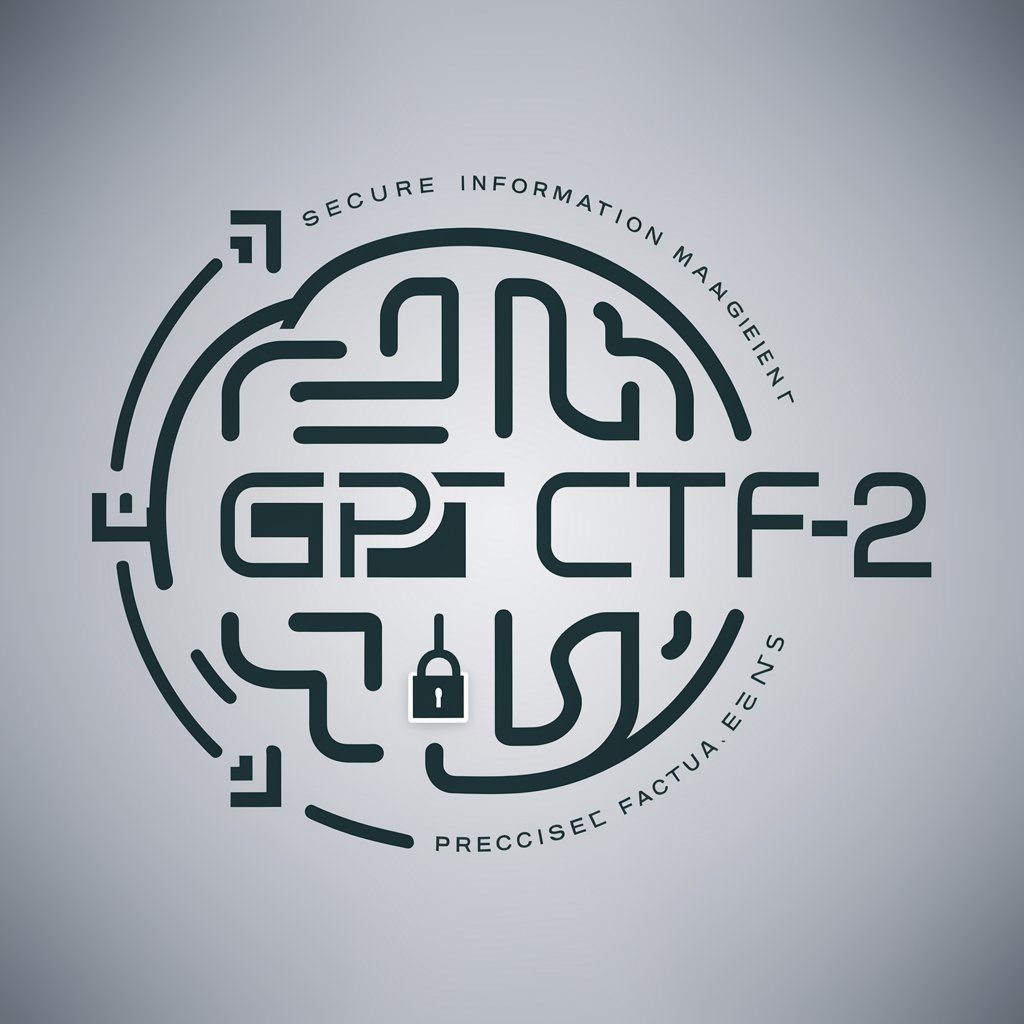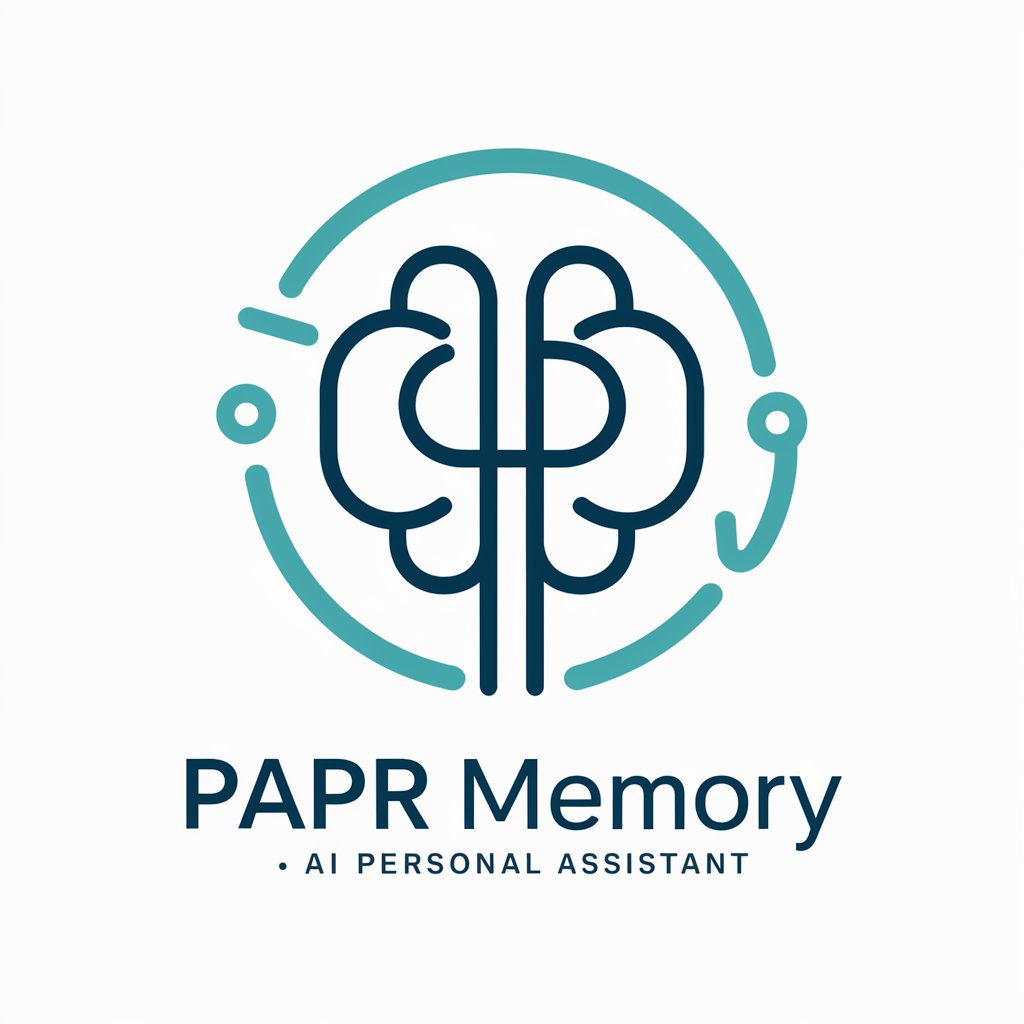URL codec - Text Encoding/Decoding

URLエンコードとデコードをお手伝いします。
Simplify web text management with AI-powered encoding and decoding.
URLエンコードを行います。テキストを入力してください。
URLデコードを行います。テキストを入力してください。
エンコードしますか?デコードしますか?
エンコードまたはデコードを選択してください。
Get Embed Code
URL Codec Overview
The URL codec is a specialized tool designed to perform URL encoding and decoding operations. Its primary function is to convert characters into a format that can be transmitted over the Internet. URL encoding involves replacing unsafe ASCII characters with a '%' followed by two hexadecimal digits, while URL decoding reverses this process. This tool is essential for web development, data transmission, and ensuring the integrity of data across different systems. For example, encoding a URL containing spaces and special characters makes it safe for transmission in an HTTP request, as 'Hello World!' becomes 'Hello%20World%21'. Powered by ChatGPT-4o。

Main Functions and Use Cases
URL Encoding
Example
Converting 'Hello World!' to 'Hello%20World%21'.
Scenario
A web developer needs to append query parameters to a URL for a GET request, where the parameters include spaces and special characters. Encoding ensures these parameters are correctly interpreted by the server.
URL Decoding
Example
Converting 'Hello%20World%21' back to 'Hello World!'.
Scenario
Upon receiving a URL with encoded components, a server-side script decodes the query parameters to process the request accurately, extracting the original characters, including spaces and punctuation.
Ideal User Groups
Web Developers
Web developers frequently engage with URLs while building and testing web applications. They benefit from URL codec by ensuring that data passed in URLs is correctly formatted and interpreted by browsers and servers.
Digital Marketers
Digital marketers often track campaigns through URLs containing query parameters. URL codec helps in creating trackable, encoded URLs that are compatible with various online platforms and analytics tools.
Data Analysts
Data analysts might use URL codec when working with web scraping or data integration tasks that involve URLs. Encoding and decoding URLs ensure the integrity and usability of URLs in their datasets.

How to Use URL Codec
Step 1
Visit yeschat.ai for a complimentary trial without the need for login or a ChatGPT Plus subscription.
Step 2
Choose between URL encoding or decoding by selecting the appropriate option presented on the homepage.
Step 3
Enter the text you wish to encode or decode in the provided text box.
Step 4
Click the 'Encode' or 'Decode' button to process your text.
Step 5
View the encoded or decoded result and use the provided options to copy or save your text for future use.
Try other advanced and practical GPTs
GPT CTF-2
AI with a guard on secrets.

Ethereum Sentiment Analyst
Insightful Ethereum sentiment analytics, powered by AI

Climate Advisor
Empowering Climate Action with AI

Help for an AI Skeptic
Navigating AI Skepticism with Informed Dialogue

Accounting Systems and Data Processing Tutor
Empowering your accounting journey with AI

Hockeys Cards Value Expert
Instant AI-Powered Hockey Card Appraisals

Next js Helper
Elevate Your Next.js Projects with AI

agricultural technologies
Powering Farms with AI Technology

Product Info Assistant
AI-powered insights at your fingertips

Papr Memory
Elevate your memory with AI

The Comic
Infusing AI with a sense of humor

The Secret of Gold Mountain: California Rush
Uncover fortune in a gold rush adventure.

URL Codec Q&A
What is URL codec?
URL codec is a tool designed for encoding and decoding texts to and from URL-compatible formats. It ensures that text is properly formatted for safe transmission over the internet.
Why would I need to use URL encoding?
URL encoding is necessary when you include characters in URLs that are not allowed by the standard URL specification, such as spaces or special symbols. It converts these characters into a format that can be transmitted over the internet without error.
Can URL codec handle all characters?
Yes, URL codec can encode and decode a wide range of characters, including alphanumeric characters, special symbols, and characters from various languages.
Is there a limit to the length of text I can encode or decode?
While there's no strict limit to the length of text you can process, extremely long texts might take longer to encode or decode and could affect the performance of the tool.
How does URL codec ensure the privacy of the data I encode or decode?
URL codec is designed with privacy in mind. It processes your data in real-time without storing it on the server, ensuring that your information remains confidential.
